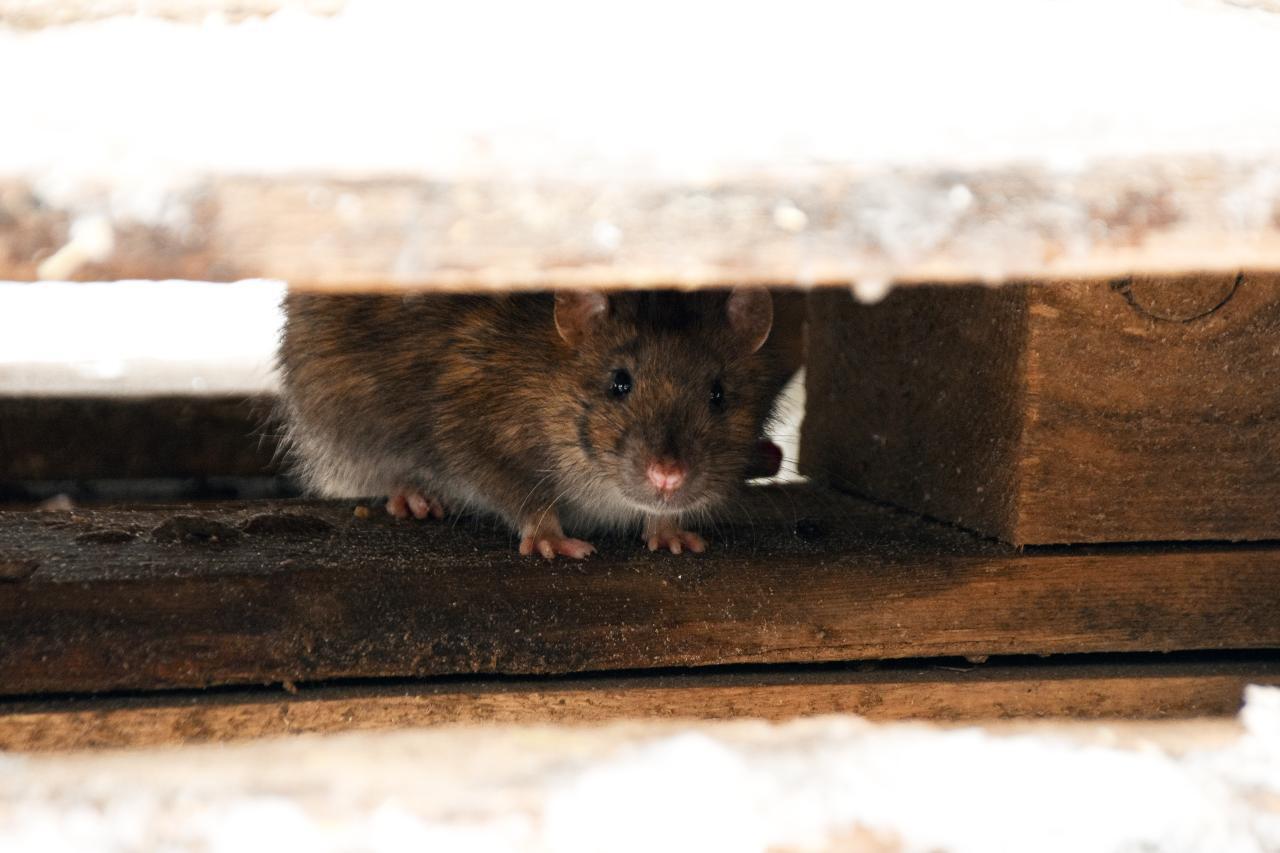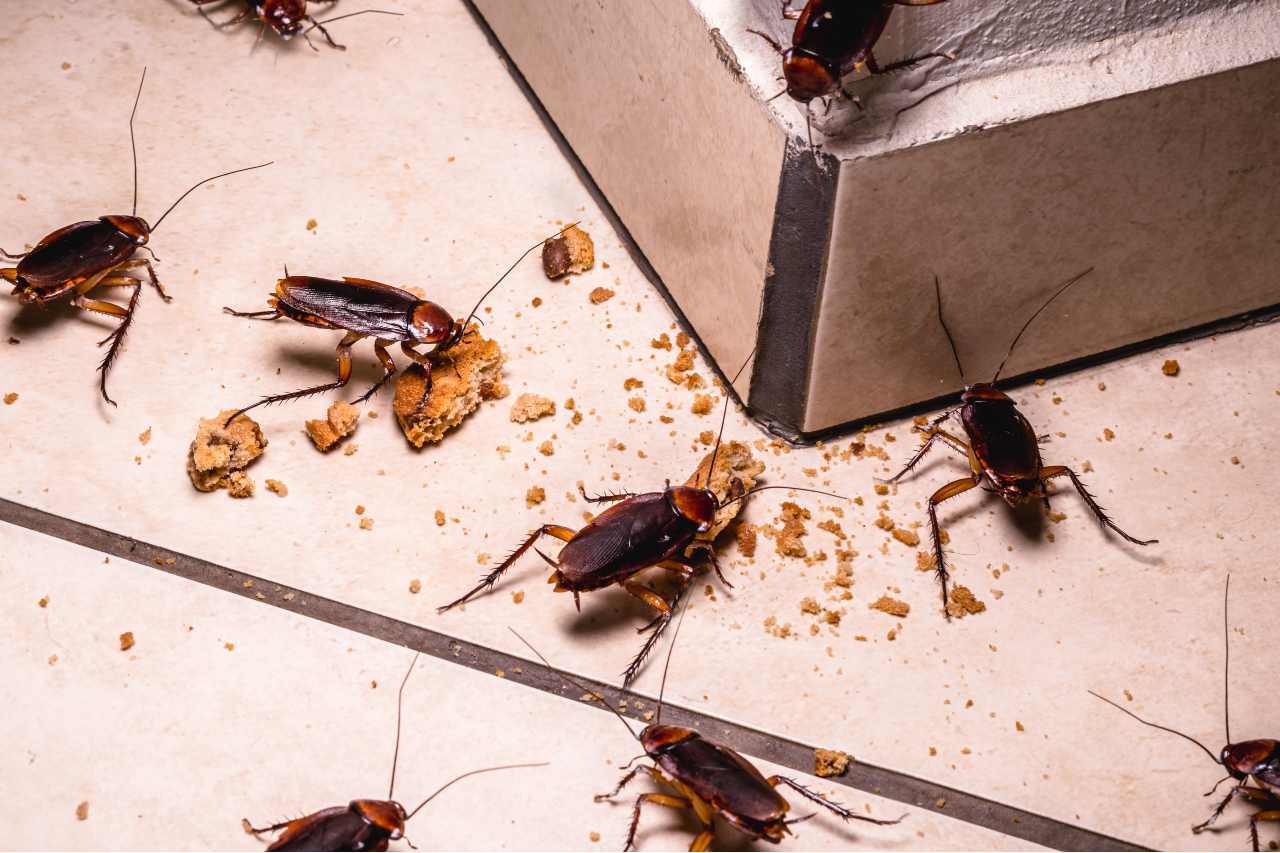For many people, winter is not typically associated with insects and other pests, but it’s a different story in California. The mild winters here contribute to more pest problems in the winter than in places that experience freezing temperatures. Especially in southern California, it is always pest season. Bugs and other animals don’t always go into hibernation, migrate, or burrow in milder winters and are therefore more active in California than in colder climates.
Even though much of California may not experience frigid weather like other parts of the country, temperatures can drop to uncomfortable levels during winter months. When the cold sinks in, everyone looks for refuge in a warmer space, including pests. Since they rely on the environment to stay warm, insects seek warm spaces during the winter months, and your cozy home or business is an inviting place for all of these creatures. These reasons are why we’ve compiled some DIY pest control and winter pest control tips to prevent unwanted critters in your home.
Typical Winter Pests in California
California is a vast state with many dramatically different major climates, but not many experience severe winter weather. Winters in Redding and Sacramento are much different from winters in southern California. Each of these regions has different pest issues, but they all share the need for pest prevention. Since the average low in the state during the coldest month of January barely gets below freezing at 30° F, it is important to stay diligent with pests, even through the winter months, no matter where you live in the state.
Rodents in Winter
With cooler temperatures approaching, many rodents start to search for places to build nests for winter. Attics, crawl spaces, garages, and other areas of the home are ideal places for mice, rats, and other rodents, like squirrels, to spend the winter. Businesses like restaurants are especially vulnerable to extra foot traffic through multiple entry points. Rodents have the potential to do major damage to your home or business and can be disease vectors, especially when left to their own devices.
Where Do Spiders Go in the Winter?
Many species of spiders are beneficial, but when they make their way into our homes, they can become an issue. Some of the most common California spiders are the highly venomous black widow. These spiders are venomous and can pose significant health risks to children, the elderly, and small pets.
Don’t forget: The presence of California spiders in your home can also indicate there is another pest problem around your California home or business, as spiders tend to follow their food source.
Where Do Ants Go in the Winter?
Ants tend to build colonies underground and become less active as the ground freezes and gets colder. Since much of California doesn’t experience any hard freezes, ants in winter are just as prominent as they are throughout the year. Often, ants will build their colonies near homes or buildings because there is likely easy access to water and food sources. Sugar ants especially look for environments that are rich and sweet. And by the time you’ve spotted these marching nuisances, there are already hundreds or thousands established in a nearby colony.
Cockroaches During Winter
Cockroaches are very hardy and are skilled survivors. They can squeeze into very tight places, which allows them to take advantage of any path into your home or business. Cockroaches are attracted to moisture, so when the air becomes cool and dry, garden beds, hoses, and indoor plumbing are magnets for them. Their hardiness and ability to quickly reproduce make them especially difficult to eradicate and require professional treatment.
Do Bed Bugs Go Away in the Winter?
Since these insects live in human dwellings year-round, bed bugs are pests you should be on the lookout for year-round. These bloodsuckers hide in areas like the seams of your mattress or on your headboard, waiting until their victim is asleep before feeding. They will continue to feed and reproduce year-round regardless of seasonal changes. Elimination of these pests is difficult and requires efforts from the client as well as our pest control technician.
Prevent Pests From Entering Your Home or Business
The first step in your line of defense against winter pests is to eliminate any entry points and incentives that invite unwanted winter intruders.
Eliminate Entry Points
Walking the perimeter of your building and checking for any places where pests can enter is a must in pest mitigation. You want to pay attention to doorways, windows, and roofs (especially near eaves and ventilation). Many pests can fit through tight gaps and openings, so make sure to inspect thoroughly. Make sure to block any of these entry points if any are found. If you have any questions about how to proceed, seek guidance from a pest control company and call Dewey with your pest inquiries.
Eliminate Food and Water Sources
Pests won’t enter unfamiliar spaces unless they have a good reason—and food and water are good incentives for pests to enter your home. Human and pet food are the most obvious targets for pests, but there are other food sources that are a little less obvious. Those include leaky crumbs and spills around the house, food that has been left out, trash, and more. As a general rule, make sure that any food source is sealed and made inaccessible to rodents and bugs. Be sure trash is properly disposed of or covered.
Water and moisture are necessary for all living creatures, and pests are always searching for hydration. Eliminate any water sources pests can access, especially in areas like basements, garages, drains, and sinks. Excess moisture should also be eliminated whenever possible with methods such as dehumidifiers.
Exterior Prevention
Pests generally come from outside, so it stands to reason that prevention should start there as well. If rodents and other pests are coming into your home or business, it’s likely there are places around your home serving as a hiding place or breeding ground for pests. Yard waste, such as leaves and other debris, is great nesting material and insulation for many pests. Make sure gutters are cleared of any debris. Trim thick vegetation to eliminate any sanctuary for rodents. If you have any fruit trees on your property, remove any fallen and rotting fruit from trees and your yard. Storing firewood away from any structures is also a best practice.
Frequently Asked Questions About Winter Pests in California
Are Landlords Responsible for Pest Control in California?
What Attracts Bed Bugs?
Does Vinegar Kill Ants?
How Do Bugs Survive the Winter?
Dewey Integrated Pest Management
Even when best practices are followed, winter pests may still find a reason to set up shop in your home or business. Perhaps there’s an unknown attractant that’s driving pests to your home, or maybe they just prefer to live in your home—there are plenty of pests out there that prefer to be indoors. If the thought of invading winter pests has you worried, call Dewey Pest Control.
Our trained pest control technicians will perform a thorough inspection of the inside and outside of your home or business, identify possible attractants, and even set up a treatment plan to protect your California property from rodents, ants, spiders, cockroaches, and more. Don’t let insects, rodents, and other pests ruin your California winter. Contact us to receive your free quote today!



